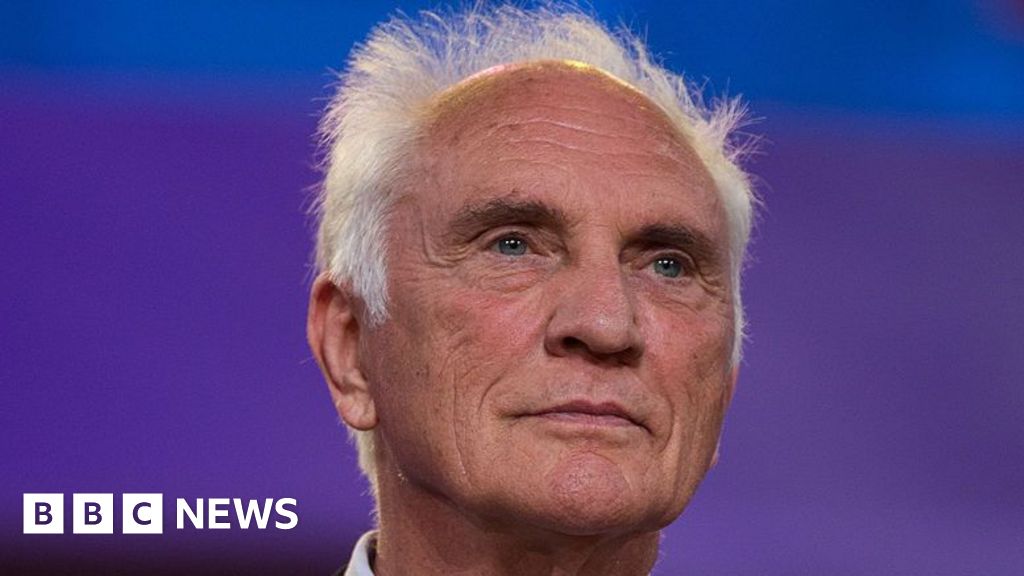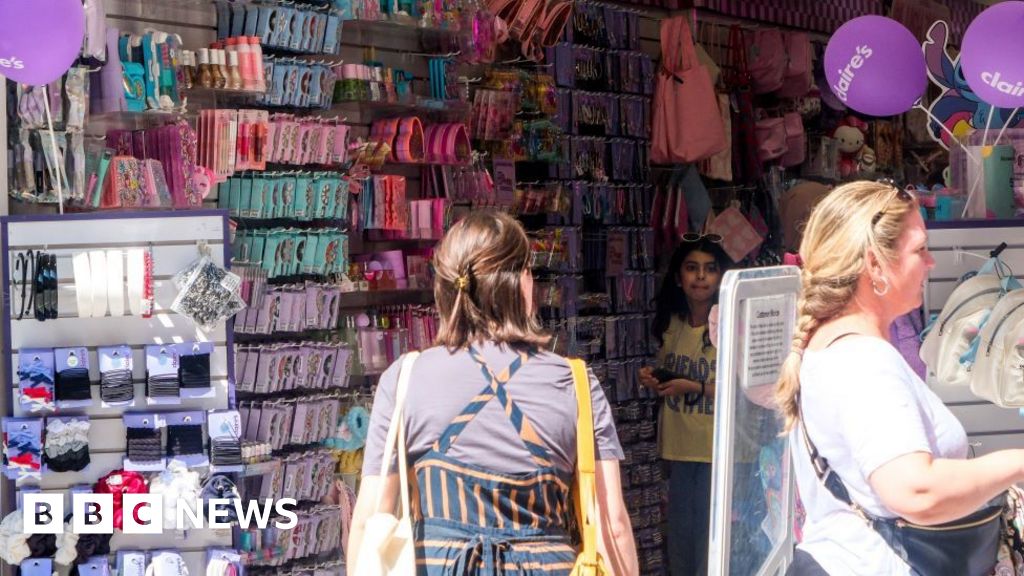
Chairperson of the Portfolio Committee on Social Development Bridget Masango.
Phando Jikelo/RSA Parliament
- Social grant beneficiaries have a new set of requirements to comply with in order to access social grants.
- Some of the requirements include an in-person verification.
- The SA Social Security Agency has strict new conditions regarding the allocation of funds.
Parliamentarians have been inundated with frantic messages from social grant beneficiaries who cannot verify their grant status – a new requirement imposed by National Treasury to root out corruption.
The corruption-busting steps imposed on the SA Social Security Agency (Sassa) have a negative impact on many grant recipients, most of whom are elderly citizens living in rural areas.
Of significant concern is the in-person verification process of recipients.
Chairperson of the Portfolio Committee on Social Development Bridget Masango said the Treasury has attached strict new conditions to the allocation of funds to Sassa.
“National Treasury has attached strict new conditions to the allocation of funds to Sassa. These include quarterly reporting on suspended, cancelled or reviewed grants, income verification, including database cross-checks with the SA Revenue Services, National Student Financial Aid Scheme, the Unemployment Insurance Fund and Home Affairs as well as biometric authentication for beneficiaries flagged as suspicious.
“Treasury argues these steps are essential to combat fraud and ensure value for money and failure to comply by Sassa may result in grant funding being withheld, a deeply concerning possibility for millions who rely on this support,” Masango said.
READ | Social grants unpaid as beneficiaries struggle with Sassa’s online verification system
She said the concern is not because they oppose fraud prevention, but because the current implementation is causing delays, confusion and deep distress among beneficiaries.
Masango said:
Delays in grant payments are leaving many in limbo, unable to buy food or pay for transport.
“The requirement for in-person verification is disproportionately impacting rural communities and elderly caregivers who simply cannot afford to travel. Transport costs can reach up to R150 or more, an unaffordable amount for some beneficiaries.
“We are being flooded with WhatsApp messages, SMSs, and emails from desperate individuals who are unable to verify themselves. People are being excluded from the system and all of this in the name of saving money. Sassa has defended the verification process as necessary,” Masango said.
Furthermore, Masango said, Sassa argues the requirements prevent fraud and ensures “accurate targeting”.
“They have reminded beneficiaries of their duty to report changes in financial circumstances. That may be valid, but it must be balanced with accessibility and fairness. To ensure accountability, Sassa will now submit quarterly reports directly to the parliamentary committee, in addition to National Treasury. This will allow Parliament to play a proactive oversight role, especially after lessons learned during the card replacement crisis,” she said.

The SASSA head office in Cape Town.
According to Masango, no cost-saving measure should come at the expense of basic dignity or leave the poor out in the cold.
“The committee acknowledges the R1.6 billion increase in the 2025/26 grant allocation, intended to fund above-inflation increases. We also note Sassa’s intensifying efforts to fight fraud, such as the rollout of biometric systems, a new tender to assist with identity verification and digital upgrades, including office WiFi, self-service kiosks, and action against fake Sassa websites. We are of the view, National Treasury must balance fiscal prudence with social justice,” Masango said.
READ | Second income trouble: SASSA identifies 210 000 possible ‘double-dippers’
She also said the social grant system is not just a financial mechanism, but a lifeline for many poor families.
“Let us not forget the people behind the statistics, the grandmother raising orphans, the young person living with a disability, the unemployed breadwinner trying to survive. We must protect the integrity of the system, yes, but never at the cost of humanity,” she said.
Meanwhile, Masango also expressed deep concern at South Africa’s drug and substance abuse problem.
“Our children are drinking liquor. Our schools are not safe. Our rural communities are forgotten. Institutions such as the Central Drug Authority (CDA), meant to fight this crisis are underfunded and unsupported.
“It is thus gravely concerning to the committee that the CDA remains dependent on the Department of Social Development for finances, undermining its ability to operate independently across government,” she said.
 (1).png)
 1 month ago
16
1 month ago
16

















